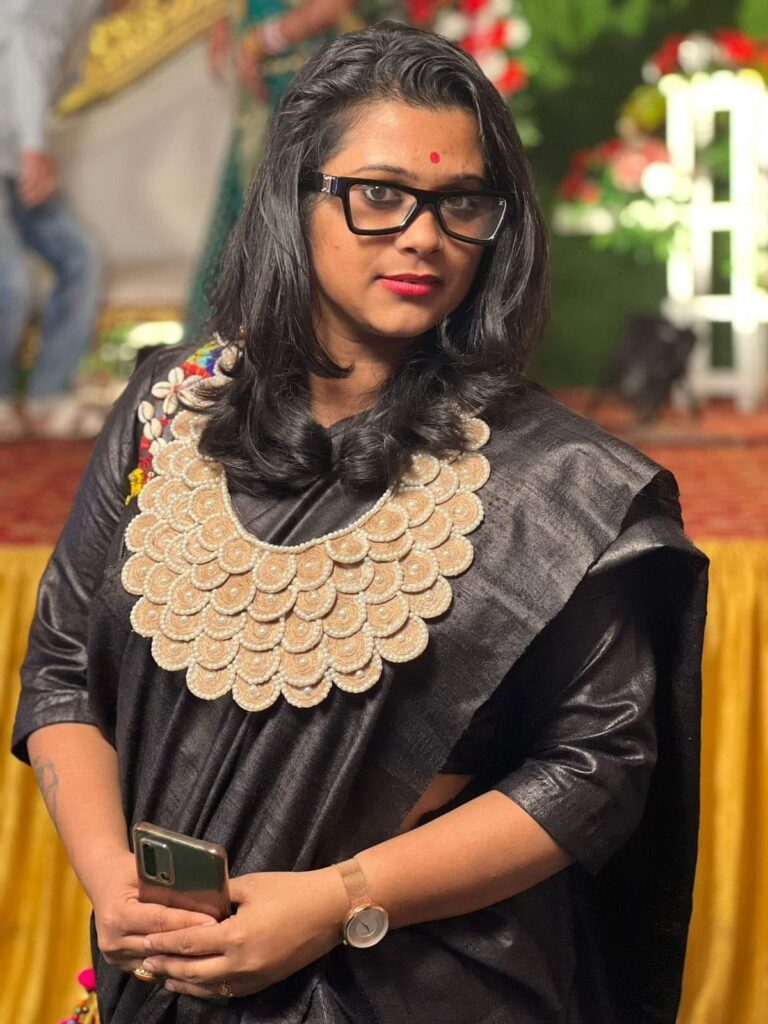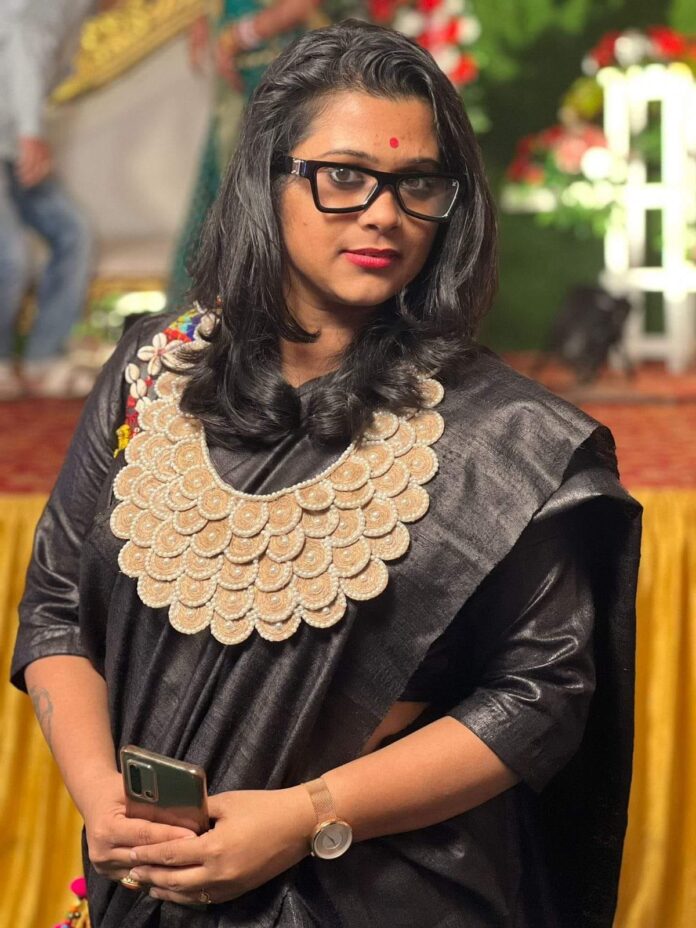
Stigma, discrimination, patriarchal norms, familial rejection and disapproval are present against lesbian, gay, bisexual, transgender men and women in India. It reflects the deep rooted cultural practice of homophobia and transphobia which gets support from deficits in law to protect them from discrimination and inequality and also safeguard their rights.LGBTQ stands for Lesbian, Gay, Bisexual, Transgender and Queer. Our sexual orientation helps us to decide towards whom we are attracted. It is not easy to be different in a patriarchal society. It needs courage to be different and members of LGBTQ are facing struggles throughout their lives. Along with mental health issues like anxiety and depression they have to face prejudice, discrimination and stigma continuosly. In 1994, they were legally granted voting rights as a third sex. In 2014, the Supreme Court of India ruled that transgender people should be treated as the third category of gender. In 2017, the Supreme Court gave the country’s LGBTQIA+ community the freedom to safely express their sexual orientation. Homosexual is a natural phenomena which mostly people do not understand. They feel it is a disease that is curable. Often their family members pressurize them to get married and give birth to children to escape which they relocate to other places. They often face financial issues too. Apart from depression, suicidal thoughts, anxiety, fear of death and dying, impulsivity and personality traits they have to face other challenges too.
• Social discrimination – members of LGBTQ often face discrimination in their houses as well as in their workplaces and healthcare too. Discrimination often leads to decreased job opportunities for them due to which they often have to face problems to fulfill their basic necessities too.They also have to live in poverty due to financial crises.
• They do not get any identification and attention in society individually and politically. They remain as unidentified individuals which makes them difficult to raise their voice against any criminal offences happening with them. Also their voice remains unheard even when their needs remain unfulfilled. Identification in the society also does not help them to gain acceptance and respect like a normal person in the society .
• They often become the victims of criminal offences which stem from negative emotions like hatred towards them. These crimes can lead to fear and insecurity among them which is detrimental to their physical health and mental well being.
• In rural areas due to lack of education, acceptance, presence of stigma and prejudice , members of LGBTQ suppress their emotions and get married against their wishes to save themselves from physical and mental abuse. They also fear familial refusal.
• They are homeless too because they run away from their houses to escape abuse and are also thrown away by their family members for their different sexual orientation. They do not get the right to education and also miss out social support during hard phases of their lives. Due to lack of education they do not get proper jobs which lead to financial crises and they involve themselves in drug abuse and other risky behaviours.
Inclusive and affirming counselling practices – To counsel with members of LGBTQ psychologists have to be non-judgmental, maintain active listening and empathy
. • Affirmative therapy is a form of counselling strategy that is primarily used for LGBTQ individuals and people of the marginalized communities. The goal of the therapist is to establish an affirming and positive position toward clients.
• Stay curious – it is important to ask several questions while serving clients of LGBTQ as it helps them to open up, share and express their feelings and emotions infront of the therapist who also have to show respect towards his/her clients.
• Maintaining eye contact and other non verbal cues can be helpful for the clients as they feel they are wanted, respected, valued like other people and are being heard. Active listening also plays an important role like maintaining eye contact.
• Therapists should also maintain their position infront of their clients. Crossing arms and legs infront of them may make them feel uneasy.
• Using open ended questions and language are beneficial. It is important to be open ended with language until and unless therapists know the sexual orientation of their clients. So it is always better to ask them what they mean by the word gender or how they are different from others sexually. Research studies have also shown that affirmative practice is an overarching framework For clinical practice that promotes positive self-regard and resilience and addresses the impact of discrimination on LGBTQ+ clients.
• They also gain from group therapy which helps in making them feel socially connected . It also makes implementation easier .
• Trauma focused approach can also be helpful for treatment of LGBTQ as they often face physical, mental and sexual abuse. It helps them to find out the connection between thoughts feelings emotions and actions which further helps to bring positive changes in their behaviour.
• Encouraging and respecting the diverse group in spite of their differences in sexual orientation makes members of LGBTQ feel safe and welcomed infront of the psychologists. We should alter our thinking to accept something different than our usual lifestyle or usual habits. Acceptance is the first step towards success or any positive changes in our behaviour. Until and unless our thinking pattern can change our opinions cannot change. Society should accept them as well. They too have equal rights to live in society like us. They also have right to get all basic necessities of life like food, water, medicine, education, shelter and jobs. .



